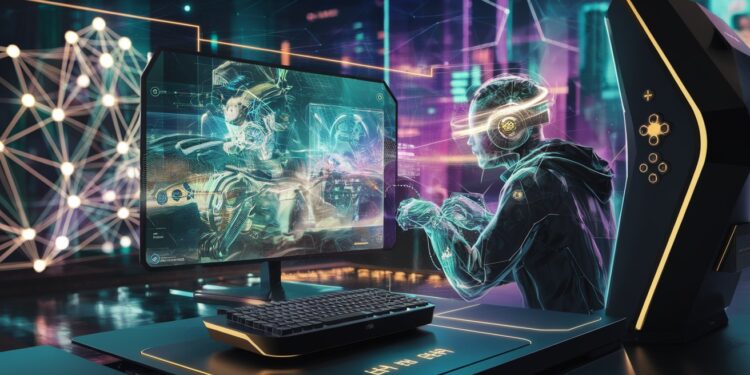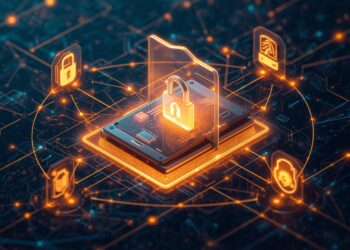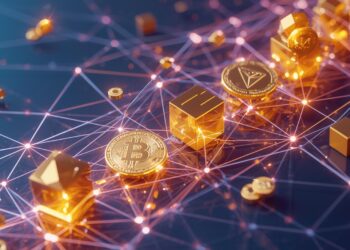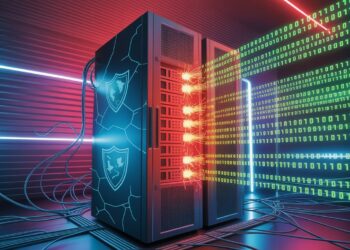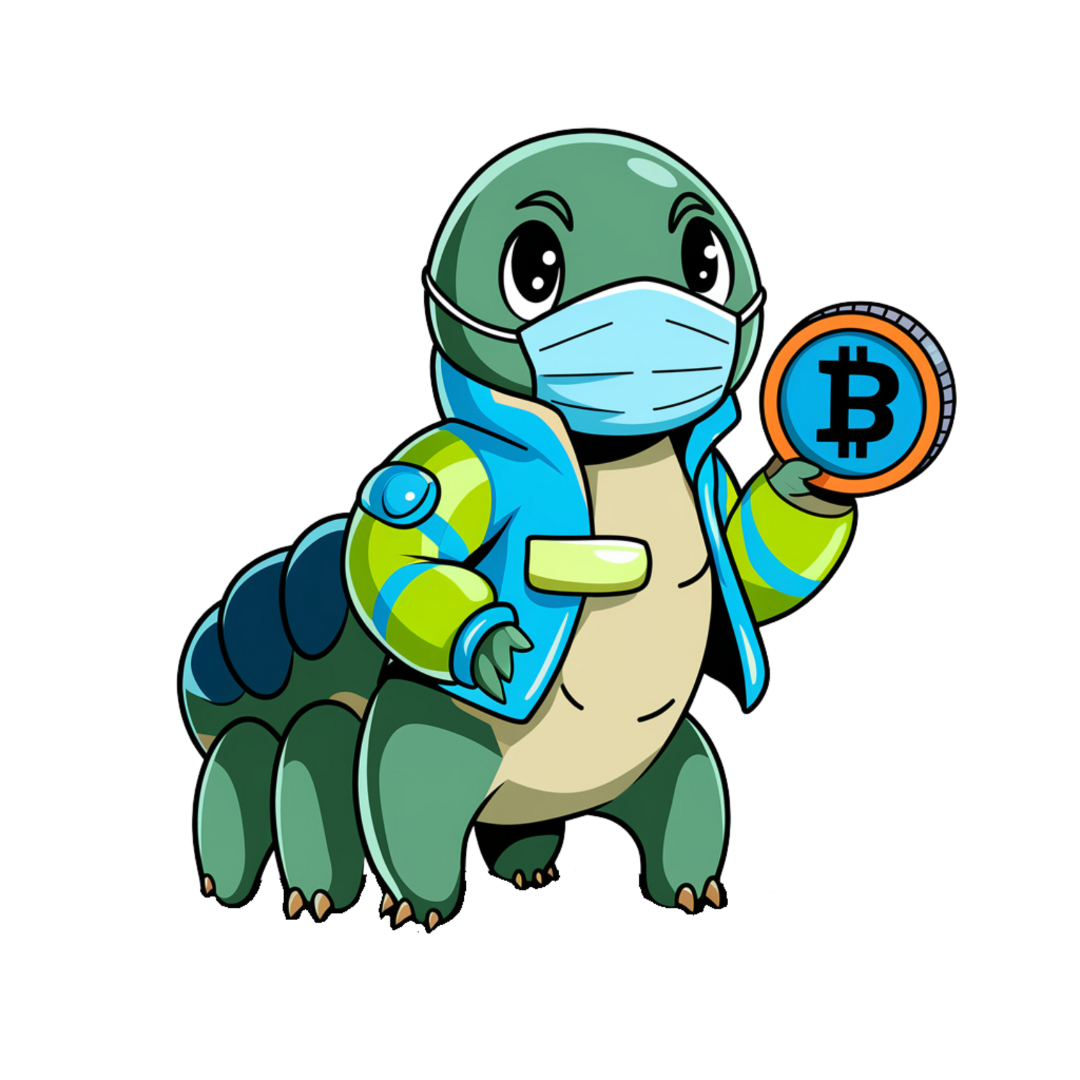Blockchain technology is shaking up the gaming world, paving the way for exciting transformations. Gamers and developers alike are witnessing profound changes that promise to enhance experiences, security, and ownership in a way we’ve never seen before.
The Rise of Blockchain in Tech
The digital landscape is constantly shifting, and blockchain has emerged as a powerful force. Known primarily for cryptocurrency, blockchain is now making waves in various sectors, including gaming. Its unique qualities offer something more than just secure transactions.
Blockchain’s Potential in Gaming: Beyond Crypto
Blockchain can do much more than power currencies. It introduces new possibilities in how games are developed and played. Games can now utilize a decentralized structure, offering players more involvement and control.
The Promise of Transparency, Security, and Ownership
Transparency is crucial in gaming, where trust is often shaky. Blockchain enhances security, ensuring that players’ data and assets are protected. Additionally, the notion of ownership changes drastically; players can truly own their in-game items.
NFTs and In-Game Assets: True Ownership
Understanding Non-Fungible Tokens (NFTs)
NFTs are unique digital assets stored on the blockchain. Unlike cryptocurrencies like Bitcoin, which are interchangeable, NFTs represent one-of-a-kind items. This uniqueness allows gamers to prove ownership and authenticity of their virtual belongings.
Real-World Examples of NFTs in Gaming (e.g., Axie Infinity)
Games like Axie Infinity exemplify the power of NFTs. Players can buy, sell, and breed digital creatures that hold value in the real world. This game shows how NFTs can create a thriving economy within gaming communities.
The Impact of NFTs on Player Engagement and the Economy
With true ownership, players feel more connected to their in-game assets. They invest time and money into nurturing their digital treasures, making engagement deeper. As NFT markets grow, they also enrich the gaming economy.
Decentralized Autonomous Organizations (DAOs) in Gaming
How DAOs Empower Players and Developers
DAOs allow players to take part in decision-making processes. Through voting, players influence game development, ensuring that their voices are heard. This shift empowers the community, creating a sense of ownership beyond mere gameplay.
Examples of Successful Game DAOs
One notable example is the gaming community behind the game Decentraland. Players actively participate in governance through a DAO model, affecting the future of the game. This collaborative spirit fosters innovation and community-driven growth.
The Future of Governance and Decision-Making in Games
As more games adopt DAO structures, we can expect a shift in governance. Players will gain a say in game features, updates, and the overall direction. This new approach creates a more engaging environment for everyone involved.
Play-to-Earn (P2E) Gaming Models and the Metaverse
The Mechanics of Play-to-Earn Games
P2E games reward players for their time and skills. Instead of spending money to play, players can earn rewards that have real-world value. This model turns gaming into a viable income source for many.
Economic Models and Tokenomics in P2E Games
These games often rely on a token-based economy. Players earn tokens through gameplay, which they can trade or sell. Understanding the economic model is key for players looking to maximize their gains.
The Metaverse and the Future of P2E
The metaverse combines various digital experiences, offering limitless opportunities for P2E gaming. As the metaverse expands, players will enjoy new ways to earn while they play. This evolution also opens doors for innovative game designs.
Blockchain’s Impact on Game Development and Transparency
Enhanced Security and Anti-Cheat Measures
Blockchain enhances game security, making it harder for cheats and hacks to occur. Players can trust the integrity of the games they play, creating a better experience for everyone.
Streamlined Microtransactions and Revenue Sharing
Microtransactions can be streamlined through blockchain, allowing for seamless and transparent transactions. Developers benefit from fair revenue sharing models, ensuring that both parties—players and developers—thrive.
Data Privacy and Player Control
Blockchain gives power back to players. They control their data and can choose how much they share. This level of control fosters a safer gaming environment.
Challenges and Future Trends in Blockchain Gaming
Scalability and Sustainability Concerns
Despite its potential, blockchain gaming faces scalability issues. As player numbers grow, networks can become congested. Finding solutions is essential for long-term success.
Regulatory Hurdles and Legal Considerations
The legal landscape surrounding blockchain and gaming is still evolving. Developers must navigate regulations in different regions, which can complicate game launches.
The Evolution of Blockchain Gaming Technologies
As technology progresses, we can expect further innovations in blockchain gaming. New methods and platforms will emerge, enhancing user experiences and expanding possibilities.
Conclusion: A Blockchain-Powered Gaming Future
Key Takeaways and Predictions for the Future of Gaming
Blockchain technology is set to redefine gaming as we know it. With true ownership, player empowerment, and innovative economic models, the future looks bright.
Gamers and Developers
Gamers should explore NFT markets and P2E opportunities. Developers must embrace DAOs and blockchain for fair and engaging experiences.
The Long-Term Potential of Blockchain in Gaming
The gaming industry is on the brink of a revolution. Embracing blockchain will shape a more transparent, secure, and engaged gaming future. The potential is unlimited, and those ready to adapt will flourish.



